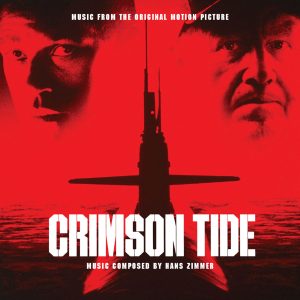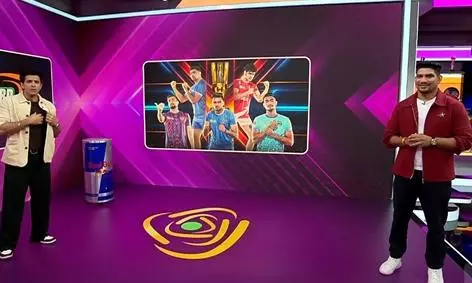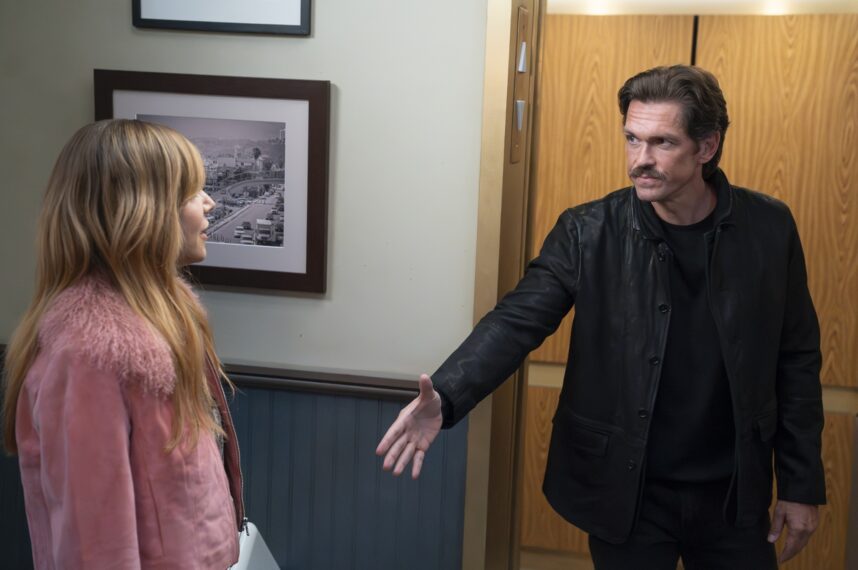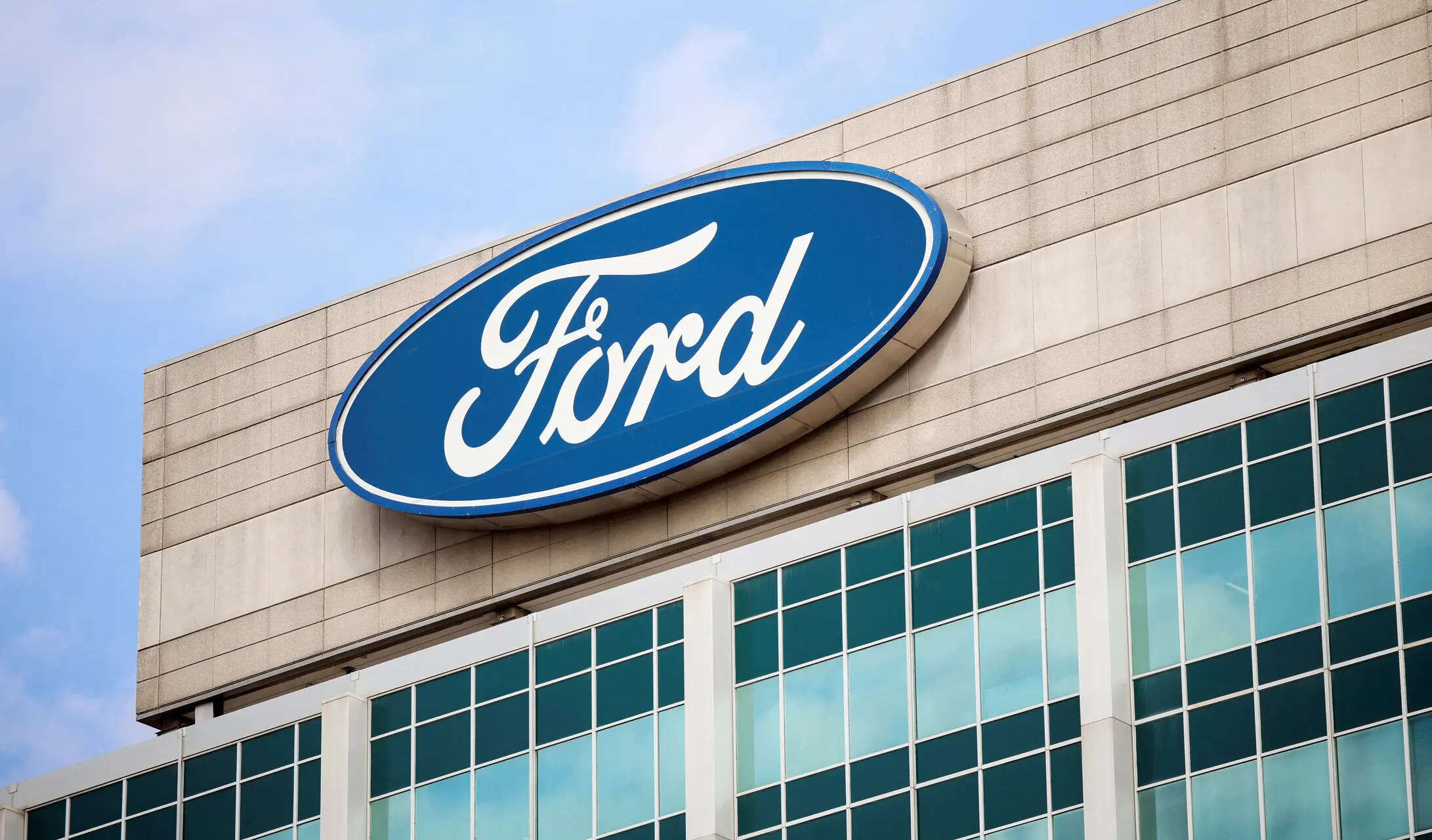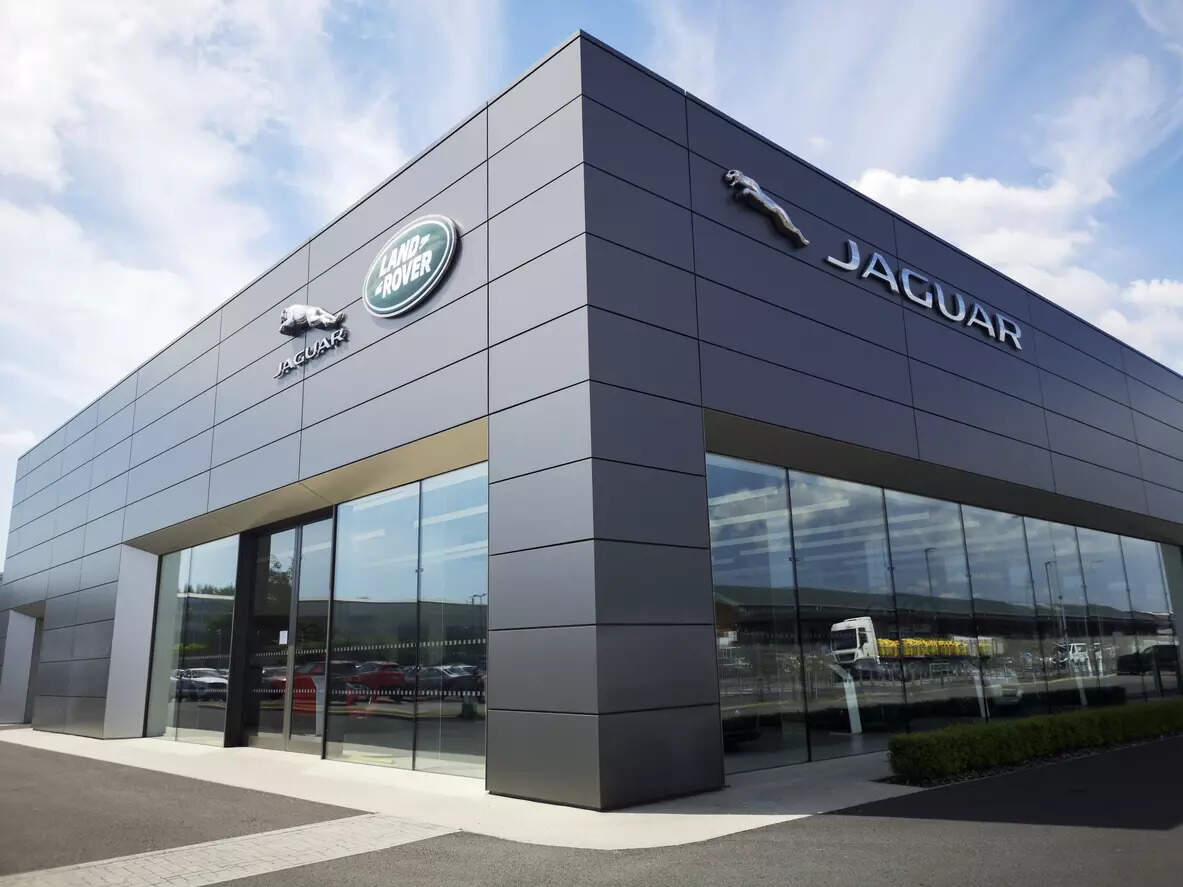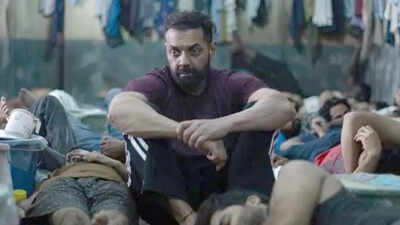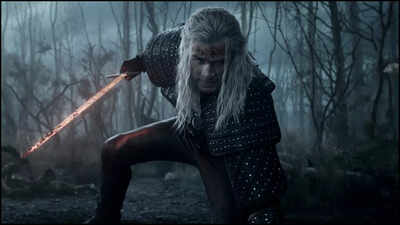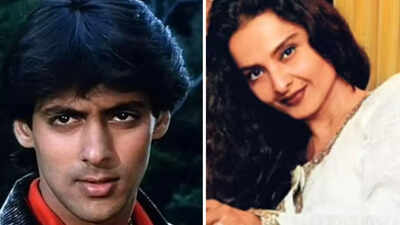
(Credits: Far out / Ariela Ortiz-Barrantes / WikiPortraits Initiative)
Sports films are tricky territory, deployed at will, whenever any studio executive or director is looking for a quick pull on the heartstrings. The underdog storyline is usually enough to distract from the wild sense of unrealism that exists in the dialogue and most certainly the playing ability.
There have, of course, been some exceptions to this rule. The Fighter delivered originality based on its narrative tenderness, focusing on a unique tale of the human condition within the sports realm as opposed to a hammed-up story of a team overcoming defeat. While more recent takes like Challengers sought to tell the stories of relationships within sport, and once again delivered a much more unique outlook on its chosen discipline.
Then there are some that lean into the outright irrelevance of storylines and, in turn, provide the sports with a new cult hero. Perhaps the greatest example of this methodology is Happy Gilmore. It does follow a classic underdog storyline and features some typical Adam Sandler-style overactingbut ultimately, it knows how ridiculous it is. Gilmore wins a tournament by playing with a hockey stick putter and knocking it in the hole off some nearby scaffolding. It’s so obviously absurd that you can’t help but love Gilmore, even if his 20-year sequel under-delivers in almost every sense of cinema.
Perhaps one of the best in recent memory is Moneyball. The adaptation of Michael Lewis’ book gave us not only brilliant performances from Brad Pitt and Jonah Hill but focused on an otherwise obscure tale. It used the complexities of a sport like baseball to tell a story of strategy and bureaucracy, while giving us that hopeful narrative arc we seem to crave from a good sports flick.
It probably is the best baseball movie in history, which Kevin Costner will be devastated to hear, given the fact that he so proudly starred in a film called For Love of the Game. The plotline wasn’t groundbreaking. Costner plays a baseball legend in the twilight of his career, facing one last opportunity for glory while simultaneously trying to win the heart of his love interest.
And guess what, he achieves both of those things. Can you believe it? Yes, I know you can. It’s not exactly a shocker, but what is, is the fact that Costner holds it in such high esteem across all of his filmography.
“I’ve had the pleasure of playing in some movies that people continue to talk about, so that’s always really fun. But, if I had to boil it down like that, I really liked playing Billy Chapel in For Love of the Game,” he once said, before softening by including a more reputable choice, “and I loved playing Charlie in Open Range.”
Sure, it’s not as though Costner has the filmography of a Daniel Day-Lewisand is therefore blessed with an overwhelming choice. But this is a man who starred in Dances With Wolves and JFK. I guess he is just like the rest of us, though, desperate to experience the life of an athletic superstar and so milked the small opportunity he had.
Related Topics


